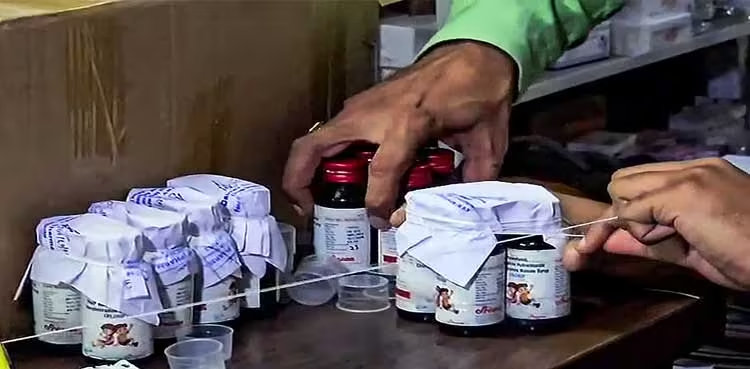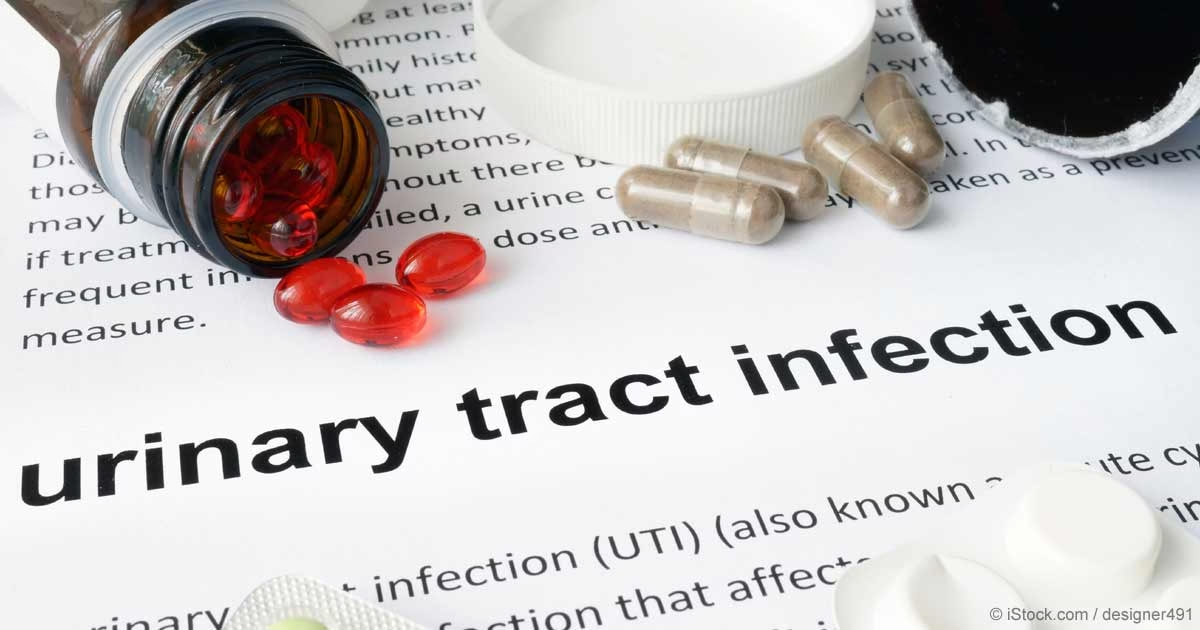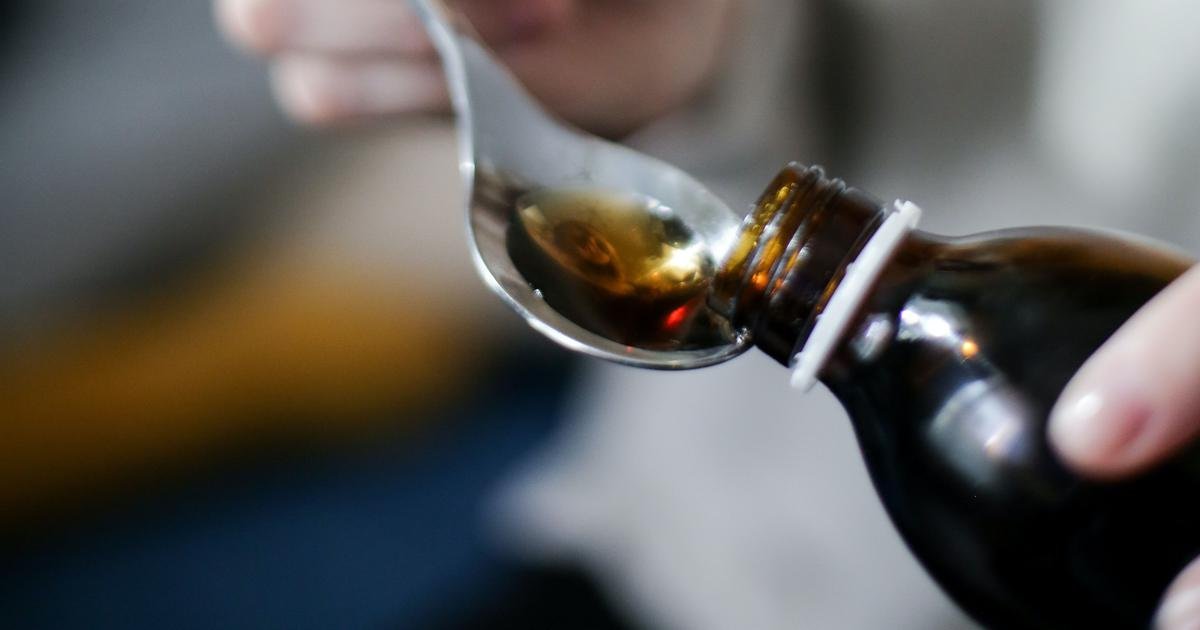Indian authorities have accused Balaji Amines Ltd, a major chemicals manufacturer, of producing pharmaceutical-grade propylene glycol (PG) without a valid drug manufacturing licence, after several batches were found to be substandard, according to government documents.
Propylene glycol—an odourless solvent used in medicines—has been under scrutiny after its suspected contamination in Indian-made cough syrups was linked to the deaths of over 150 children both overseas and domestically in recent months.
However, drug regulators found no evidence of contamination in Balaji’s PG, according to a test report seen by Reuters.
The company told Reuters that it has not supplied PG for pharmaceutical use since it began producing the chemical in 2022, clarifying that it only manufactures technical- and food-grade PG, which are less pure than the pharmaceutical variant.
“We have permission to manufacture propylene glycol – technical grade and food grade only – and have been manufacturing for these specific applications,” Balaji said in an email.
Regulatory Investigation
In a March letter, Santosh Indraksha, a senior officer at the Central Drugs Standard Control Organization (CDSCO), alleged that Balaji had “manufactured and sold/distributed propylene glycol USP/IP (U.S. and Indian pharma standards)” without the required licence.
The company explained that it tested its PG using pharmaceutical standards at the request of non-pharma clients, which is why those standards appeared on its product labels. Balaji also said it applied for a licence to produce pharma-grade PG in January 2025 and is awaiting approval.
Authorities launched an investigation after discovering in April 2024 that a batch of Balaji’s pharma-grade PG produced the previous year contained excess water, making it substandard. Inspectors later confirmed the company did not hold a drug manufacturing licence for the chemical.
Federal and state drug officials visited Balaji’s facility in March 2025 and sealed some samples. While the company acknowledged the visit, it said there is no ongoing investigation.
Legal and Financial Implications
A senior Maharashtra FDA officer, G.D. Hukare, told Reuters that his department had asked the CDSCO to “take appropriate action” against the company.
Balaji’s shares have fallen 24% so far this year, even as the broader Mumbai market rose over 5%.
Past company presentations to the stock exchange (between May 2022 and August 2024) listed “pharma” as the application area for its 15,000-ton annual PG capacity. However, its latest filing on August 5, 2025, revised this to “food grade.”
Under Indian drug laws, selling products without valid manufacturing licences can result in up to five years in jail and monetary fines.



